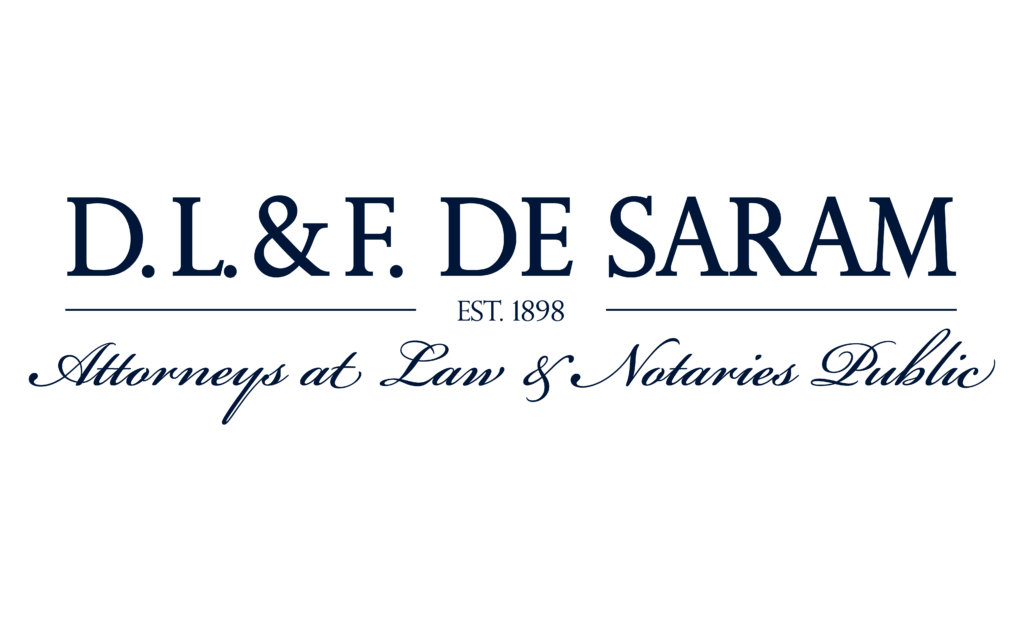7 November, 2017
The new Inland Revenue Act, taking effect on 1st April 2018, introduces capital gains tax (CGT) on the ‘realization’ of investment assets.
An outline of the salient provisions of the new Act are set out below.
Imposition
CGT will be charged on the gain arising from realization of an investment asset at the rate of 10%. CGT will only arise if the net cost of the asset accrues a gain to the owner of the asset. The gain is calculated as the consideration received for the asset or liability exceeding the cost of the asset or liability at the time of realisation. In the case of any asset that was owned, gifted and/or acquired prior to 1st April 2018, the cost of the asset will include its value as at 30th September 2017.
The following assets are subject to CGT:
- land or buildings
- a membership interest in a company, partnership or trust
- a security or other financial asset
- an option, right, or other interest in an asset referred to above
It appears that CGT will be applicable to residents and non-residents alike.
Limits and exemptions
Gains made by a resident individual which is less than LKR 50,000 will not be subject to CGT.
Trading stock and depreciable assets are specifically excluded from CGT.
The principal place of residence of an individual, provided it has been owned by the individual continuously for three years before disposal and lived in for at least two of those three years, is not subject to CGT.
The sale of shares of companies listed on the Colombo Stock Exchange will not be subject to CGT.
Cost of an Asset
The cost of an asset is defined to include its acquired or inherited price/value (in the case of assets acquired or inherited prior to 1st April 2018, it will be the value of the asset as at 30th September 2017), the expenditure (including incidental expenditure such as advertising, service fees (such as broker fees), agency fees, transfer tax etc.) incurred in acquiring the asset (including expenditure on construction, manufacture or production of the asset) and in altering, improving, maintaining or repairing the asset.
Ascertaining the base value of an asset for the purpose of determining its cost
The base value of an asset acquired, inherited or gifted prior to 1st April 2018, is deemed to be its value as at 30th September 2017. It is proposed that the deemed value will be revised to 1st April 2018.
Realisation of an Asset – Transactions that are subject to CGT
CGT is levied and becomes payable, subject to there being a gain, on the realization of an asset. The following transactions have been identified as constituting a realization of assets:
- Transfer of ownership of an asset (including when the asset is sold, exchanged, transferred, distributed, cancelled, redeemed, destroyed, lost, expired, expropriated or surrendered);
- When a debt claim is being written off as bad;
- When the person begins to employ trading stock, a depreciable asset, a capital asset of a business or an investment asset in such a way that it ceases to be an asset of any of those types;
- When a person resident in Sri Lanka ceases to be resident in Sri Lanka, all assets owned by the person is deemed to be realized;
- When an individual transfers ownership of an asset to a spouse on death, divorce settlement or bona fide separation agreement;
- Where an asset is transferred pursuant on the death of its owner;
- When a person transfers ownership of an asset to an associate by way of a gift;
- Where rights or obligations lasting for more than 50 years relating to an asset owned by a person, is assigned to another (including by way of lease of such asset) and;
- When a person transfers an asset under a finance lease or instalment sale.
Involuntary Realization of Asset
If an asset is involuntarily realized by way of either sale, exchange, transfer, distribution, cancellation, redeem, destruction, misplacement, expiry, expropriation or surrender, and the owner of such asset acquires a replacement asset during the period of 6 months before and one year after the realization of the asset, the owner is deemed to be deriving a value equal to the net cost of the asset. However the cost incurred in acquiring the replacement asset can be considered when arriving at the value liable for tax.
The legislation empowers the Commissioner General of Inland Revenue to determine whether replacement of one security of a company with another security in the same company or different company (including as a result of merger, demerger or reconstruction) will constitute an involuntary realization for the purpose of capital gains tax.
Implementation and obligation of payment
According to the Bill, any person who is required to accept, register or approve the transfer of an asset (which includes notaries and attorneys), is required to be satisfied that the applicable CGT has been paid prior to accepting, registering or approving such transfer.
However the Commissioner General of Inland Revenue will issue regulations with regard to the manner and the process of payment of CGT.
For further information, please contact:
Savantha De Saram, Partner, D.L.&F. De Saram.
savantha@desaram.com

.jpg)





